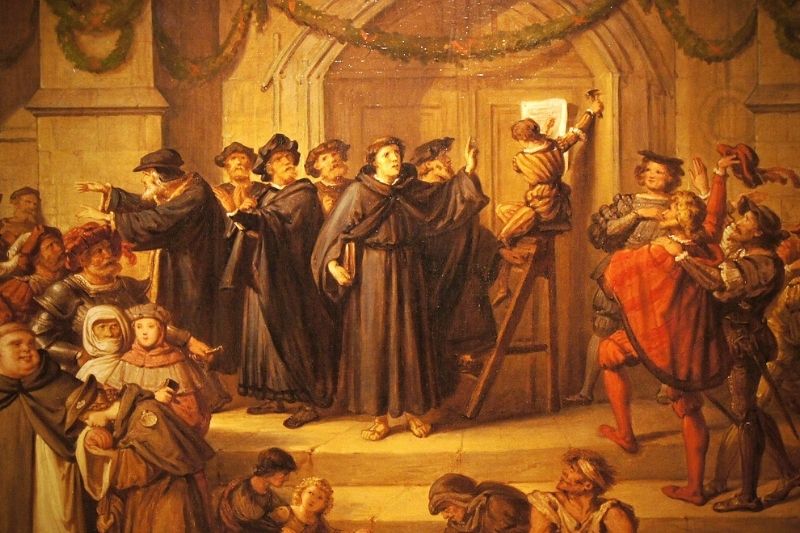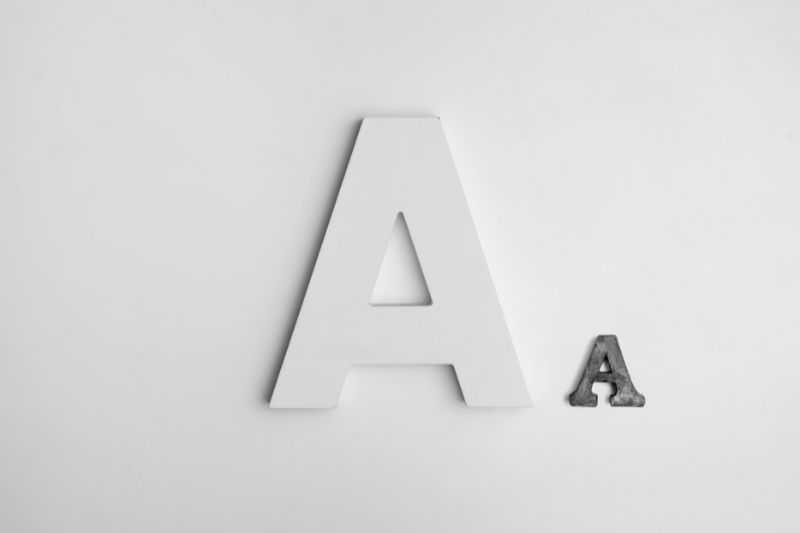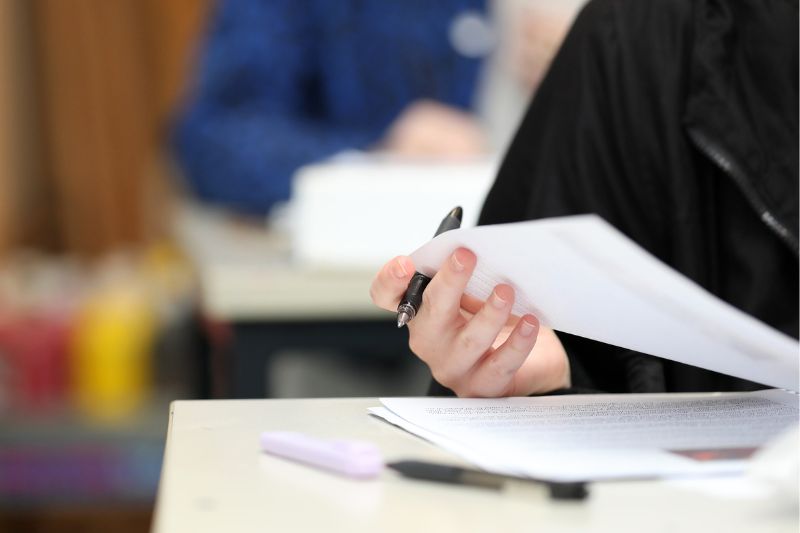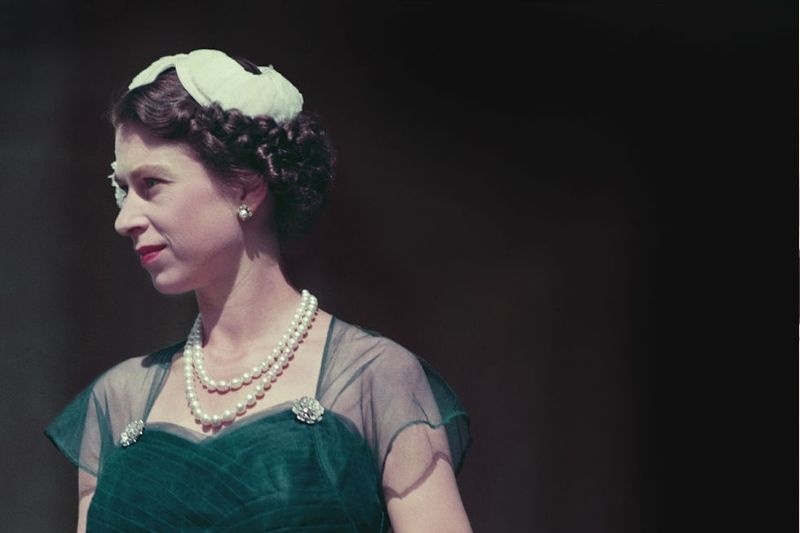Keywords: Everyone
There are more than 200 results, only the first 200 are displayed here.
-

ARTS AND CULTURE
- Andrew Hamilton
- 17 November 2022
2 Comments
Paulie had a childlike delight in taking the mickey out of everything and everyone and acting outrageously. The stories of the Painters and Dockers’ engagement with their equally wild audiences and the public, full of hilarious encounters, display the same innocence and the same sublimated rage. If it was his brother Tony’s death that set him on his madcap journey, Paulie has shaped his own life as a monument for Tony more durable than marble.
READ MORE 
-

AUSTRALIA
- David Halliday
- 14 November 2022
How much financial strain can a system tolerate? With families simultaneously staring down the four horsemen of wage stagnation, higher prices of goods, higher bills, and higher mortgage repayments, something’s got to give.
READ MORE 
-

ECONOMICS
- David James
- 28 October 2022
Who wields the most power in the world? If one follows the money trail, it becomes clear that Western societies have become ruled by a new type of aristocracy: a management aristocracy.
READ MORE 
-

INTERNATIONAL
- Michael McVeigh
- 28 October 2022
1 Comment
A large part of ending violence against women and children is about convincing men that there’s a more healthy way to live; that there’s a society in which they can feel comfortable in themselves, pursue their dreams, and find love and comfort with others, and feel respected for who they are.
READ MORE 
-

INTERNATIONAL
- Matt Gaughwin
- 27 October 2022
3 Comments
Liberal democracies seem increasingly threadbare, insufficiently creating just outcomes for vulnerable people. We need a rejuvenation of stable and fair democracies in which integrity and trust are evident. To that end, I suggest we revisit the liberal egalitarianism of 20th century American philosopher John Rawls.
READ MORE 
-

RELIGION
- Andrew Hamilton
- 26 October 2022
10 Comments
What would the world have been like today if the Reformation had not happened? Would it really have been a better Church and a better world? And how, indeed, can we evaluate these enormous historical events?
READ MORE 
-

ARTS AND CULTURE
- Tony London
- 18 October 2022
Change of season is upon us, / hot unseasonal days have drained us, / human sponges squeezed by the hands / of humidity, but the nights are becomingcool, a relief for bodies and minds in need / of withdrawal and replenishment of deep sleep, but in all of this there is some wakefulness, and there are some choristers returned, in these dogwatch hours.
READ MORE 
-

ARTS AND CULTURE
We Helveticas are everywhere / down subways across shopping centres / hey heyyying on dating apps / s(t)olid pillars / tempting you into our cult / be like us we can give you / unencumbered lines / soft smooth curves / respectability & ineffability
READ MORE 
-

ARTS AND CULTURE
- Brenna Dempsey
- 05 October 2022
1 Comment
I only wish when I was growing up there had been examples of autistic characters on television like Heartbreak High’s Quinni (Chloé Hayden), played by actors who are themselves autistic. Chloé Hayden is one of the first autistic actors to play an autistic character in a major TV series, and I feel angry that I didn’t see this sort of representation when I was younger. If I had, I may have realised I was autistic before I was in my 20s, which may have made my journey easier.
READ MORE 
-

AUSTRALIA
- Sarah Klenbort
- 03 October 2022
4 Comments
Assessments serve a valuable purpose: they give us a way to measure what students are learning. The problem is, they don’t seem to be learning. According to the Australian Council for Educational Research, recent results confirm that Australian 15 year-olds continue to show significant declines in math, reading and science when measured against their international counterparts. Australian students are learning less, and at the same time, never have we seen such an emphasis on assessments in schools.
READ MORE 
-

INTERNATIONAL
- David Halliday, Axel Bruns
- 22 September 2022
Despite our differing social and cultural beliefs, we can mostly agree that we live in highly polarised times. But what divides us? ARC Laureate Fellow Prof. Axel Bruns studies social polarisation, and in this discussion we explore the drivers of polarisation, examining the role that digital and social media and broader social and political contexts play in intensifying social conflicts, threatening economic prosperity, undermining public trust, and ultimately destabilising societies.
READ MORE 
-

INTERNATIONAL
- Michael McGirr
- 12 September 2022
13 Comments
My mother often reminded us that she was the same age as the queen. They were both stoic to the point of being difficult to understand. There was never any doubt that, living by their lights, they would spend every breath doing what they felt called to do. Self-indulgence was hardly part of their vocabulary; along with that, they didn’t indulge others much either. The generation of 1926 was made of sturdy timber.
READ MORE 